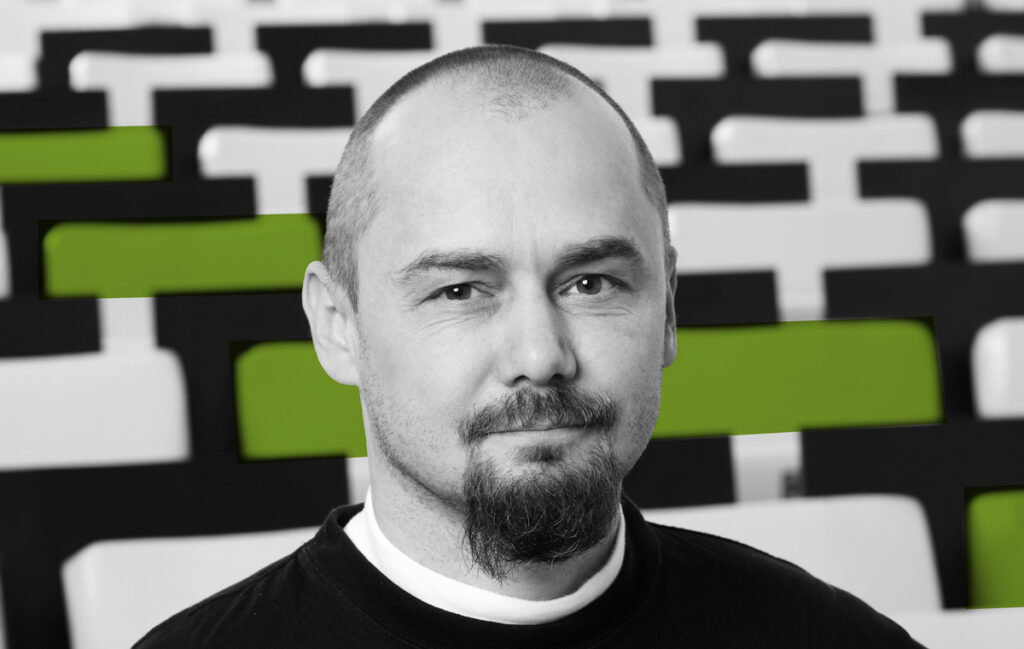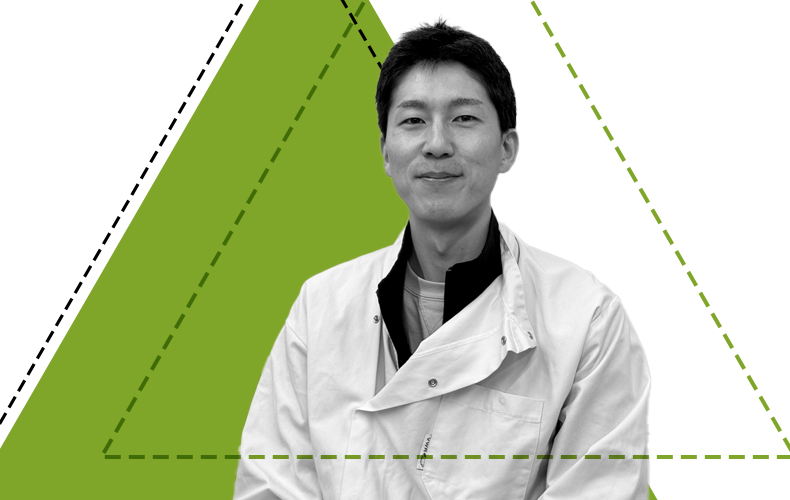27 May 2024 – “EMBO was the most important element in building my scientific career,” says Petr Svoboda, professor and group leader at the Institute of Molecular Genetics of the Czech Academy of Sciences. After working in the United States and Switzerland for eight years, Svoboda stresses the importance of the EMBO network in helping adjustment to the reverse culture shock on returning to the Czech Republic.
“The EMBO Young Investigator meetings were one of these things where you can calibrate your benchmark for quality – for communication, presentation, writing grants, managing groups,” he says. “As a junior PI that’s where I learnt from others how they manage a group.”
Svoboda says that although moving in the right direction, more could be done in the Czech Republic to connect basic and applied research – including better advice to students about their choices.
“We study mechanisms which control gene expression and parasitic sequences – so it is basic research,” he says about his group’s work. “But at the same time, you never know when some of the mechanisms may turn out to be important for discovering something that can suppress viruses, improve genome stability or whatever.”
He believes students should be advised that moving from academia into applied research can be a good career choice even though his country lacks the developed business culture that supports clusters such as Rehovot in Israel, or around MIT and Harvard in the Boston area. “One problem of the Czech academic environment was that it was considered elite, and leaving it was considered failure. In US it’s a little bit the other way around – people want to go to companies, maybe make a lot of money, work on drugs,” he says.



